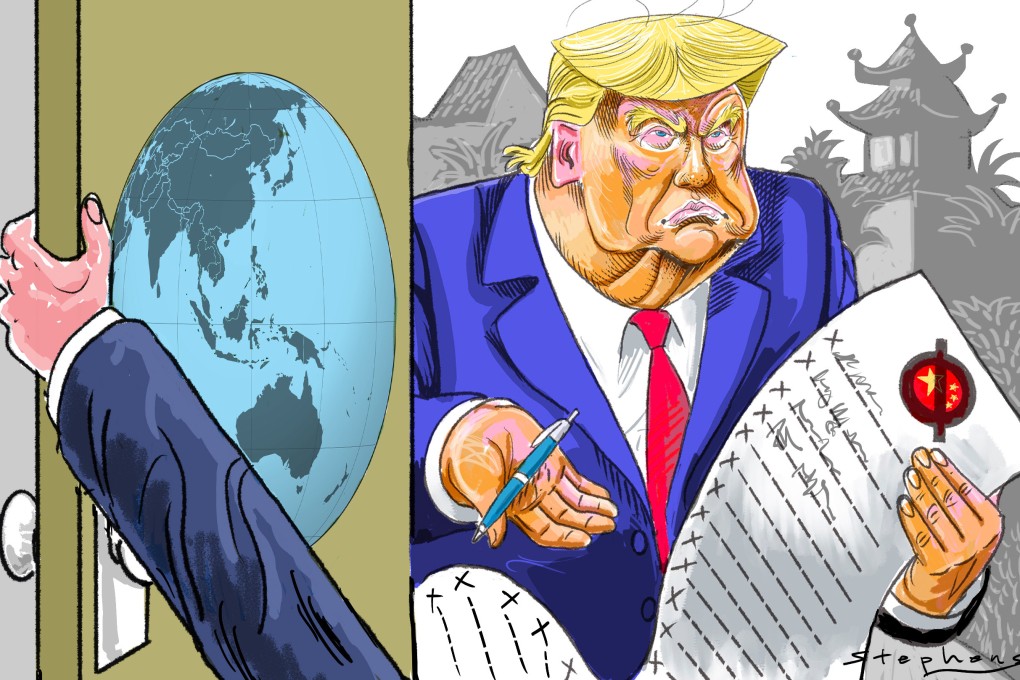Opinion | Faced with Trump 2.0, Asia-Pacific leaders must figure out what they truly want
From support for the US military industrial complex to countering China, leaders must start deciding their trade-offs, bottom lines and no-go areas

What will count will be what is important to your nation. Not what is nice to have, not whether you know somebody who really knows someone who might have influence on Trump, not when, how or with whom to engage with the new Trump administration.
Trump is bent on upending people’s expectations, regaining leverage and making America great again. There is precious little anybody outside Trump’s world can do about it, especially before Trump himself knows what it will be.
The space around Trump’s head is abuzz with people seeking favour who want to put China at the top of the list of adversaries, enemies, challenges or whatever he ends up calling them. Beijing and the capitals surrounding China are likely to encounter a qualitative difference with Trump’s administration.

